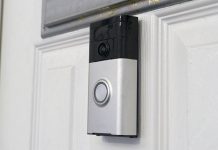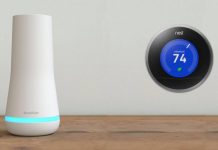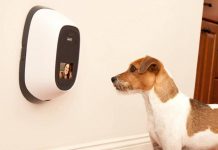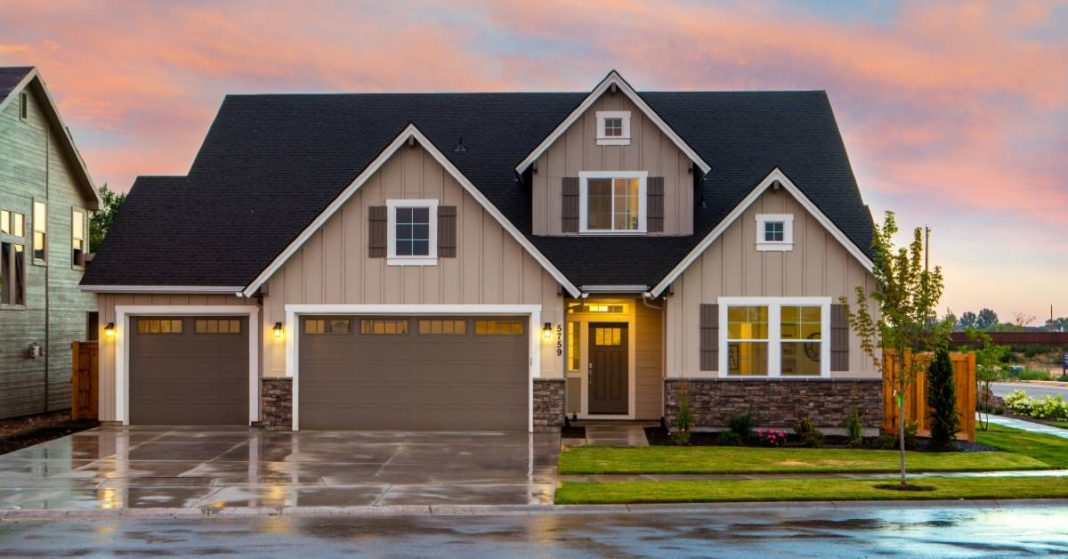UPDATED SEPTEMBER 1, 2021 This piece has been updated to reflect the emergence of new technology


Christian Mathews Security Writer
Safety and security is something we all desire in our homes. But as the world around poses daily dangers and unpredictability, many people constantly worry about keeping their homes safe. We can never be sure when people with malicious intent such as burglars and intruders will target our homes. But thanks to modern technology, many home security systems protect our residences and alert us of any intrusion. Knowing which home security system is the best can go a long way in protecting your family and home.
Whether your neighborhood is safe or if your house doesn’t have a lot of valuables, it’s always better to be safe than sorry. That is why many people are protecting their homes with different types of security systems these days. And you should get one for your home as well so you can be free from unnecessary worries. Before you go ahead and purchase a system for your house, you need to have a good idea about security systems in general.
In this post, we will be covering the basic things you need to know about security systems available in the market.
1Which Home Security System is the Best: Things to Know Before Buying and Installing a Security System
DIY vs. Pro Installation
Most of the advanced security systems which use hi-tech equipment will generally require professional installation. But there are many good systems these days that offer DIY installation. While DIY installation is simple and saves you money, pro installation is more reliable.
If you have a small house, need minimal security or are on a low budget, DIY installation is the better choice. If you’re planning to get a more complex system with stronger security, it’ll be worth it to spend a bit more for a professional installation.
Installation and Equipment Cost
When budgeting for a security system in your home, be prepared for the cost of installation and initial equipment. These are usually separate costs. Mounting sensors and detectors on walls, doors, and windows, setting up alarms and connecting security cameras can be done yourself. If this is the case you can save on that installation cost to get the best self install home security system, but will require some time and some technical know-how.
For expensive and advanced self monitored systems, you might need to spend a bit more for professional installation.
Irrespective of whether you opt for self or professional installation, you will need to pay for the equipment. Some companies that install and monitor your system, have financing options available. Therefore, they tend to include the equipment cost in your monthly fee. So make sure to ask.
Self-Monitoring vs. 3rd Party Monitoring
Security systems will often give you the freedom to opt-in or out of 3rd party monitoring. In case you don’t know, 3rd party monitoring or professional monitoring is when you allow another security agency to monitor your security system. This is great to be able to monitor your home in your absence.
It’s basically having someone watch over your home when you can’t. For professional monitoring, you usually pay a monthly subscription amount.
Self-monitoring is suitable for smaller homes and basic security. Professional monitoring is suitable if you have:
- a large residence or more valuables in your home.
- to leave your house unattended and vacant frequently.
- to leave kids at your home, be it alone or with a caretaker/babysitter.
Smart Home Compatibility
Many security systems also offer integration with virtual assistants like Alexa and Google Home. Not sure which is better alexa or google home? They both allow you to manage many security features with voice control. It’s mostly a matter of personal preference. If you want to integrate your Google Home or Alexa to your home security system, then make sure there is that compatibility.
Warranty Duration and Options
As with any product, you should always check for the warranty offer on your security system in advance. In case of any malfunctions, defects and technical issues, a long-term warranty offer will save you lots of money and avoid the hassle of repairing or replacing your system. So it’s best to get a security system that has a longer and more reliable warranty offer.
Battery Backup
Check the battery backup of a security system before making a purchase. Longer battery life is always desirable for security systems as they involve multiple components that operate on battery power.
If you have a wireless set up with various components, be aware that battery life may vary from device to device. It is therefore important to test the devices regularly (monthly is a good interval). This will ensure that all items are functioning properly and don’t require battery charging/replacement.
Cellular vs. Landline Monitoring
Landline monitoring systems are connected to the monitoring station via physical wires. Meanwhile, cellular systems are connected wirelessly through your mobile phone network. Cellular monitoring is always better and preferable than landline ones for a few reasons:
- Landline monitoring systems are easy to bypass. If an experienced intruder finds and cuts off the wires that connect your system, then the system can’t send distress signals.
- Landline monitoring requires that you connect your entire system via wires. This can increase the cost of installation and makes it more permanent than a wireless option.
- Landline monitoring systems are prone to malfunction due to wiring and electrical problems, and repairing them is difficult and costlier.
Contract vs. No Contract
A contract-based security system binds you to longer commitments regardless of whether you are satisfied with the product or not. Without contracts, you have the freedom to cancel security fees and change the system any time you want.
This does not mean that contract-based systems should always be avoided. If the system is from a reputed manufacturer that you trust you might be happy to enter into a long term contract. But if you want a flexible, no-commitment experience, then you should opt a no-contract security system. There are sometimes added benefits that companies offer if you sign a contract which may include things like payment terms for the initial installation and equipment.
Mobile App Compatibility
Mobile app compatibility is a standard feature in most, if not all, smart home security systems these days. Most security systems have their own mobile app that lets you remotely manage different features and components. Of course, there will be some differences in how much you can control from the app. Systems that allow maximum features to be controlled from within the app are preferable. You also need to consider how easy it will be to operate the app and the user-friendliness of their interface.
2Conclusion
These are the top things that we feel you should consider when looking for which home security system is the best. It’s best to take it slow and check each of the features to ensure they meet your expectations and requirements. Depending on the level of security you require you can go for the best security system that also fits your budget.

















































